Community Health Workers in Brazil
Brazil’s community health workers help nearly two-thirds of the population access health care.
CONTENTS
Quick Downloads
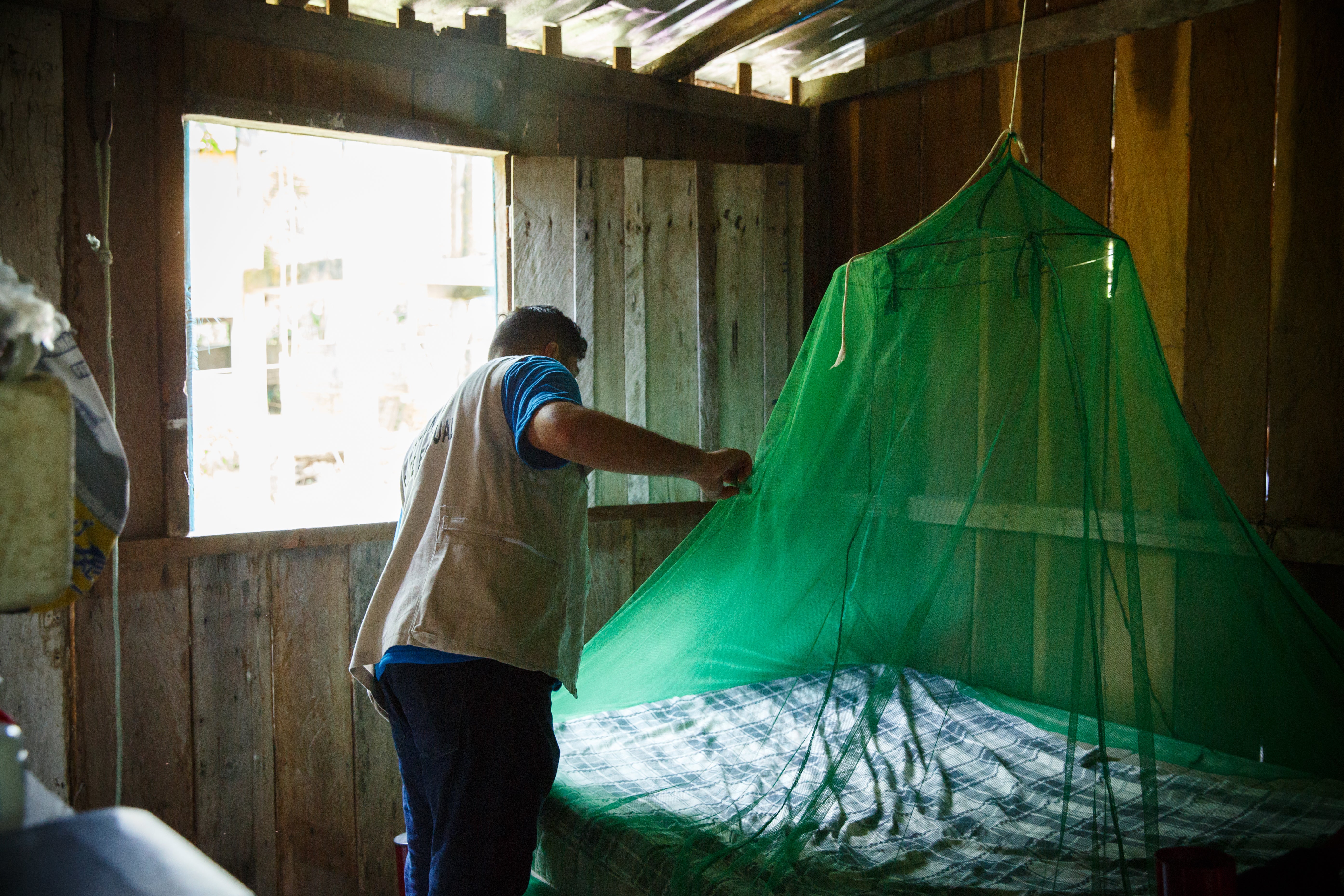
KEY INSIGHTS
Brazil’s CHWs have been critical in the effort to connect a majority of Brazilians with primary health care, and have delivered significant impact across the country. They have reduced some of Brazil's socioeconomic and geographic inequities in access to health care, and broadly improved health and social indicators.
Brazil’s primary health care reforms related to CHWs were designed to address key limitations of the country’s health system including fragmentation, a focus on hospital-based curative care (to the exclusion of primary and preventive care), and large inequities in coverage and access to health care.
Multisectoral approach to improving health
The goal of Brazil’s community health worker program is not just a healthier society, but also a more equitable one.
Brazil’s CHWs have sweeping responsibilities well beyond the traditional CHW duties of health education, health monitoring, and referrals to primary health care. CHWs in Brazil also address the social determinants of poor health and help families access other government services, such as conditional cash transfers and social services. CHWs, who are integrated into primary health care teams, serve as a bridge between vulnerable communities and the country’s universal health care system and other government services. This approach reflects Brazil’s holistic, multisectoral approach for improving health and reducing health inequities.
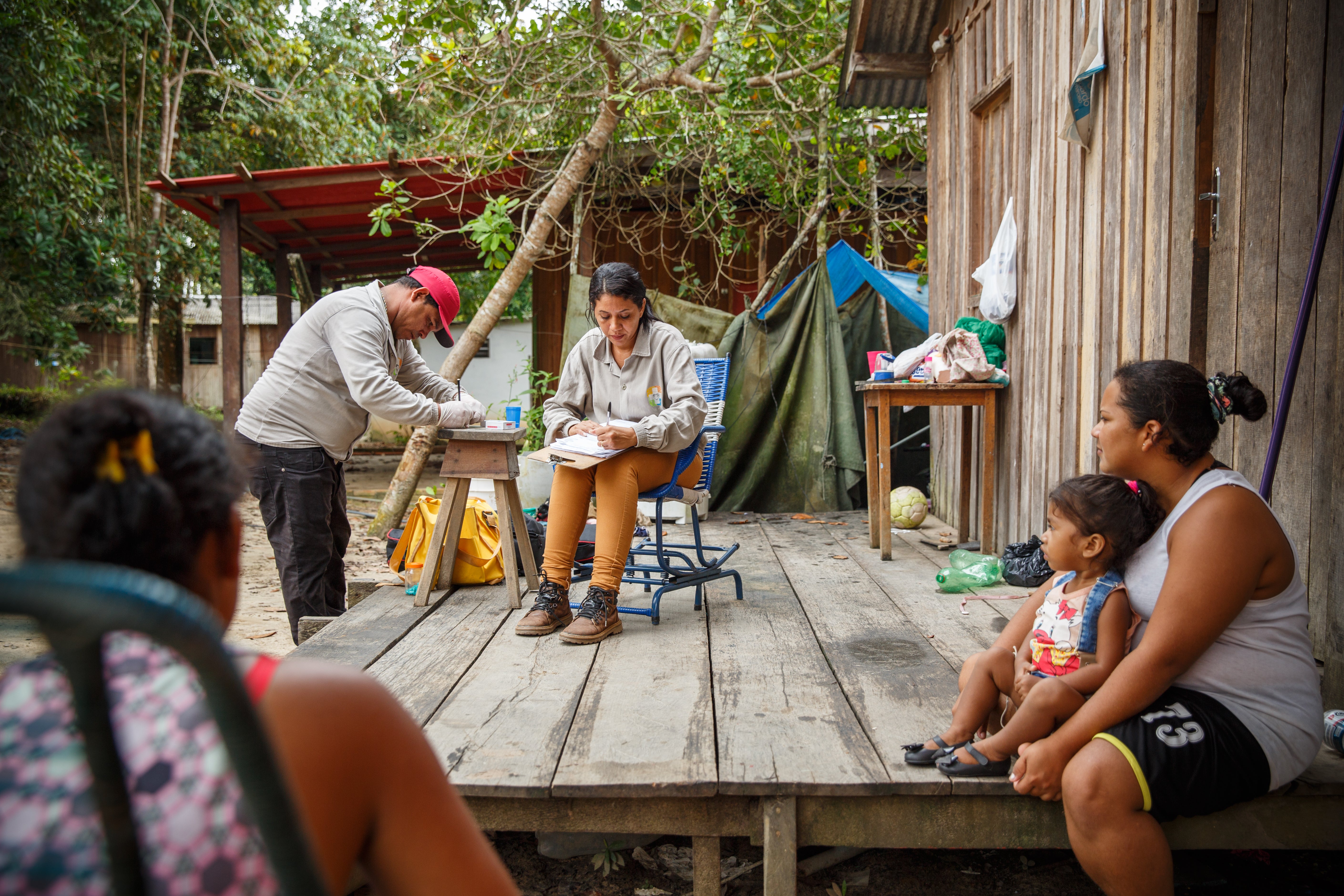
Civil society engagement
Brazil’s CHW program is the product of a civil society reform movement sparked by public health research in the 1970s and early 1980s.
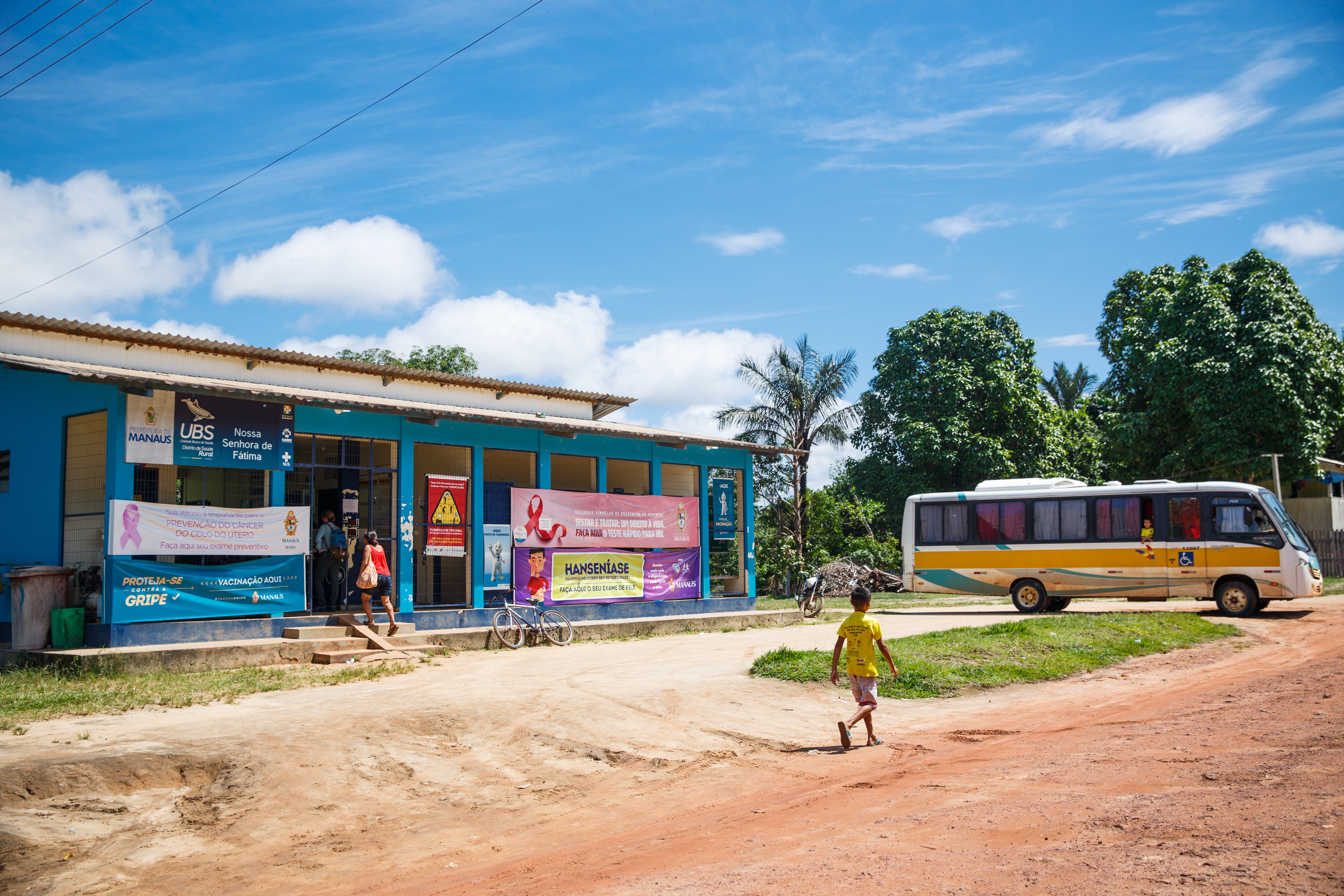
In the 1980s, a group of public health researchers elevated the issue of health inequities and built a broad coalition that encompassed union leaders, democracy activists, health professionals, and anti-poverty campaigners. As military rule ended, this coalition seized a historic window of opportunity and were able to implement health care reforms.
Brazil’s community health worker program reflects the ideals championed by this civil society movement and enshrined in the country’s 1988 constitution, which frames health as a right. Key reforms following the passage of the new constitution established a universal health system and a decentralized community health system to deliver preventive and primary care.
Innovative financing
Federal funding for primary health care increased nearly fivefold between 2000 and 2015.
Brazil developed innovative funding mechanisms to ensure a steady stream of financing and accelerate implementation, rewarding municipalities for both implementation and performance improvements. The country adopted three innovative funding mechanisms: minimum thresholds for health care spending, financial incentives for municipalities to adopt the Family Health Strategy, and a pay-for-performance program for the poorest municipalities.
Shortly after launching the CHW program, Brazil began requiring state and municipal governments to spend more on health care - at least 12 percent and 15 percent of their budgets, respectively. The government also adopted a funding formula that incentivized municipalities to implement CHW programming.
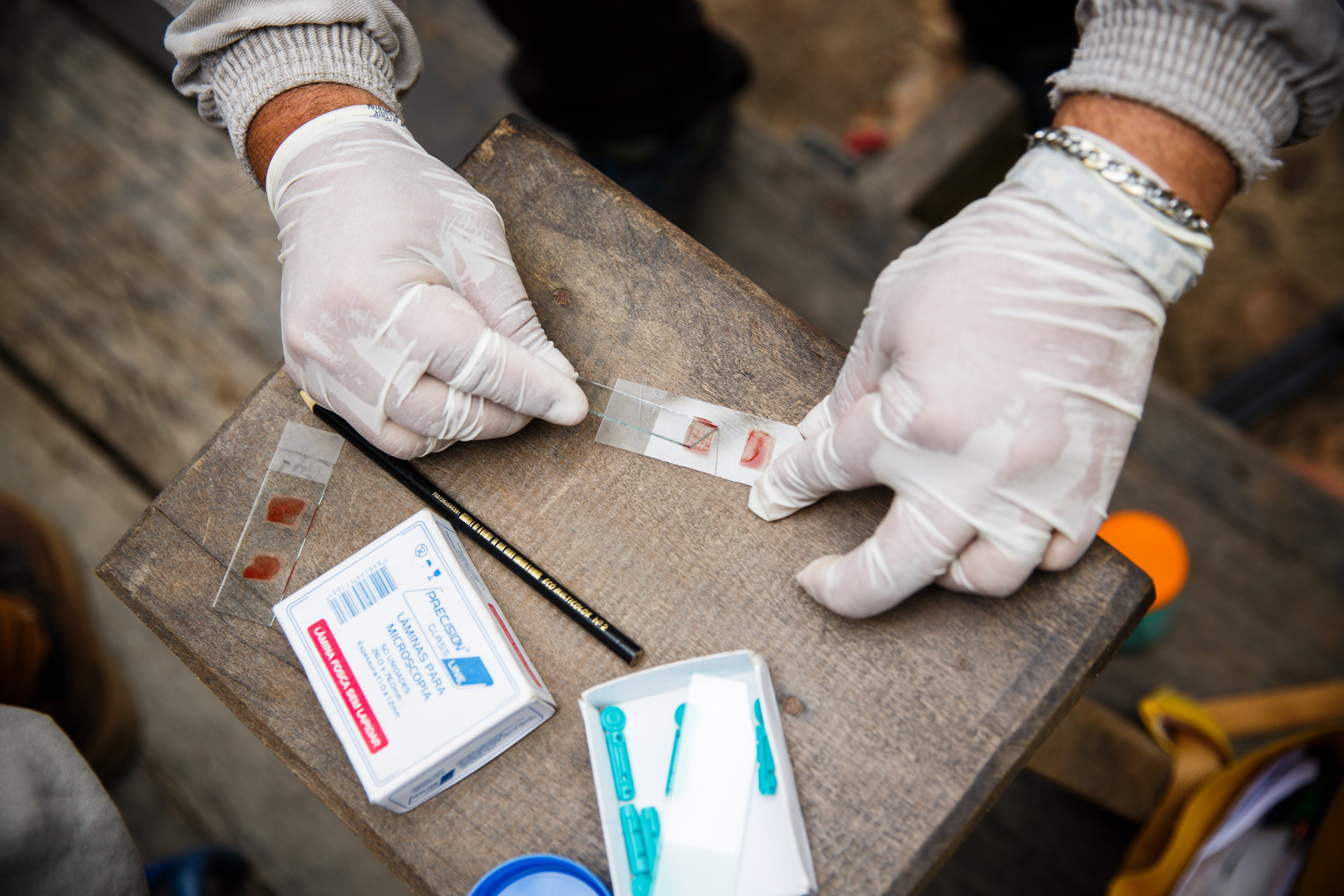
Targeting
Brazil’s targeting ensures that households and communities most in need receive tailored programming that addresses their most pressing health challenges.

Brazil established a proactive and universal primary health care system with community health workers serving as the front door, recruiting patients to utilize the largest universal free public health care system in the world.
Brazil’s CHW program prioritizes access for low-income and vulnerable groups. Some municipalities and states have also built strong data systems to ensure they are providing tailored programming where it is needed most. Once a month CHWs visit the 100-150 households they serve to educate patients on best health and hygiene practices, encourage health seeking behavior and preventive care, follow up with sick patients after medical appointments, and help address challenges in accessing other government services.
Integration
Community health workers are integrated into a strong primary health care team and system.
Brazil embedded CHWs into a strong primary health care team, the Family Health Team. As a core member of this team, CHWs identify patients, coordinate patient care and outreach, and troubleshoot challenges with individual patients, families, and the larger community.
This integration strengthens the CHW’s ability to link communities to a continuum of preventive and curative care provided by the Family Health Team at nearby primary health care facilities, and leverages the deep knowledge of CHWs as community insiders to better serve families. The cultural competence of CHWs benefits both families and the Family Health Team as a whole.
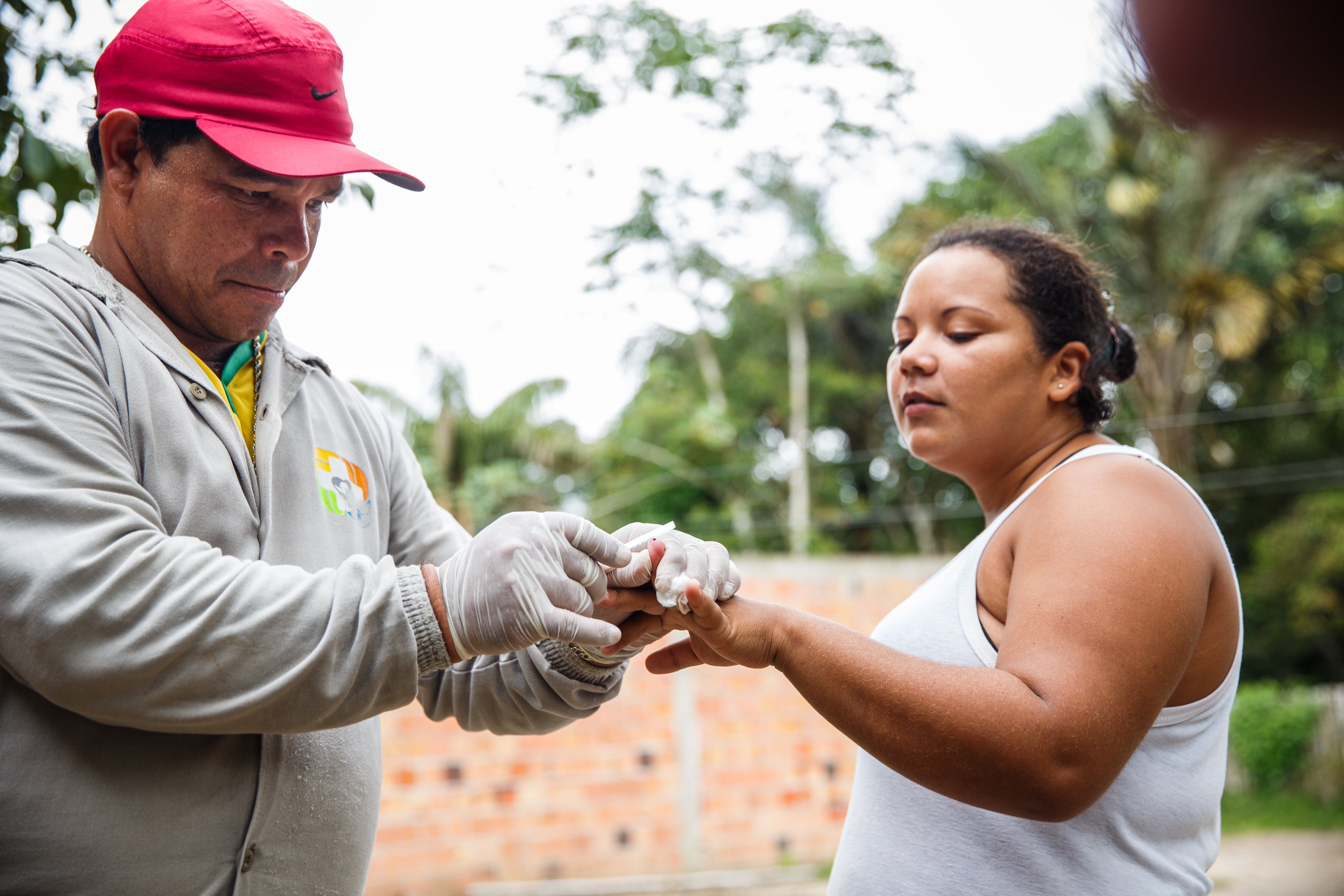
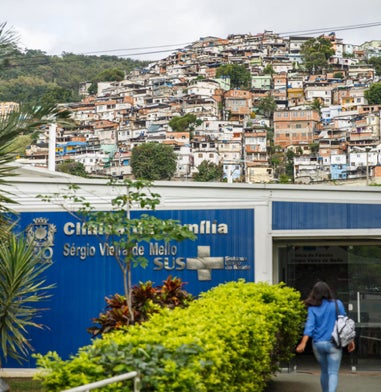
Community Health Workers in Brazil

Ask an Expert
Our team and partners are available to answer questions that clarify our research, insights, methodology, and conclusions.
